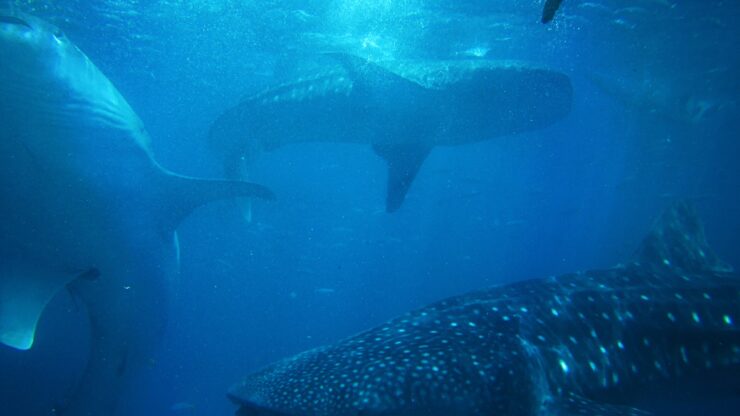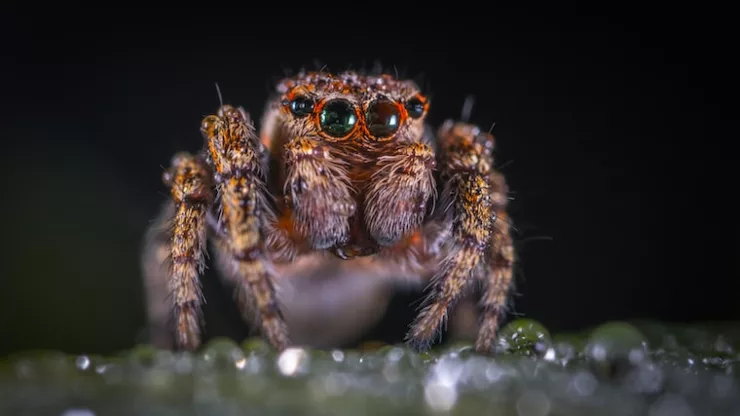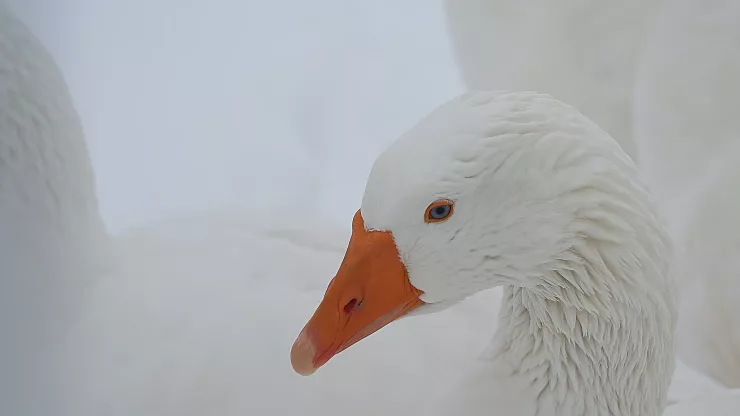Sharks are fascinating creatures that have been around for millions of years.
They are often portrayed as vicious predators in movies and TV shows, but the reality is that they are an essential part of the ocean’s ecosystem.
Here are some interesting facts about sharks that you may not know:
-
There are over 500 different species of sharks in the world, ranging from the small dwarf lantern shark (only 8 inches long) to the massive whale shark (up to 40 feet long).
-
Sharks have been around for over 400 million years, making them one of the oldest species on the planet.
-
Sharks have a unique ability to detect electromagnetic fields, which helps them locate prey even in murky waters.
-
The skin of a shark is covered in tiny scales called dermal denticles, which help reduce drag and increase their swimming speed.
-
Sharks can have up to 50 rows of teeth, with some species losing and replacing thousands of teeth during their lifetime.
-
Sharks are not mammals and do not have bones like other animals. Instead, they have a cartilage skeleton that is lighter and more flexible than bone.
-
Contrary to popular belief, not all sharks are dangerous to humans. In fact, only a few species are responsible for the majority of shark attacks.
-
Sharks play a vital role in maintaining the balance of the ocean’s ecosystem by controlling the populations of other marine animals.
-
Sharks are often hunted for their fins, which are used in the production of shark fin soup.
This practice has led to a significant decline in some shark populations.
-
Despite their fearsome reputation, sharks are actually more threatened by humans than we are by them.
Pollution, overfishing, and habitat destruction are just some of the threats that sharks face.
In conclusion, sharks are incredible creatures that play a vital role in the ocean’s ecosystem.
While some species may pose a threat to humans, it is important to remember that they are not mindless killing machines.
By educating ourselves about sharks and their importance, we can help protect these fascinating animals for generations to come.
FAQ
Are all sharks dangerous to humans?
No, only a few species of sharks are responsible for the majority of shark attacks. Most sharks are not a threat to humans.
How do sharks breathe?
Sharks have gills that allow them to extract oxygen from the water. They need to keep moving in order to force water over their gills and breathe.
What is the biggest shark in the world?
The whale shark is the biggest shark in the world, reaching lengths of up to 40 feet.
Can sharks see in the dark?
Sharks have excellent night vision and can see in low light conditions thanks to a special layer of tissue behind their retina called the tapetum lucidum.
Why are sharks important to the ocean’s ecosystem?
Sharks play a vital role in controlling the populations of other marine animals, which helps maintain the balance of the ocean’s ecosystem.

I am a fun fact enthusiast and creator of Facts On Tap.
I love to share my knowledge and curiosity with readers and inspire them to learn something new every day.
When I’m not writing, I enjoy traveling, reading, and playing trivia games with my friends.




